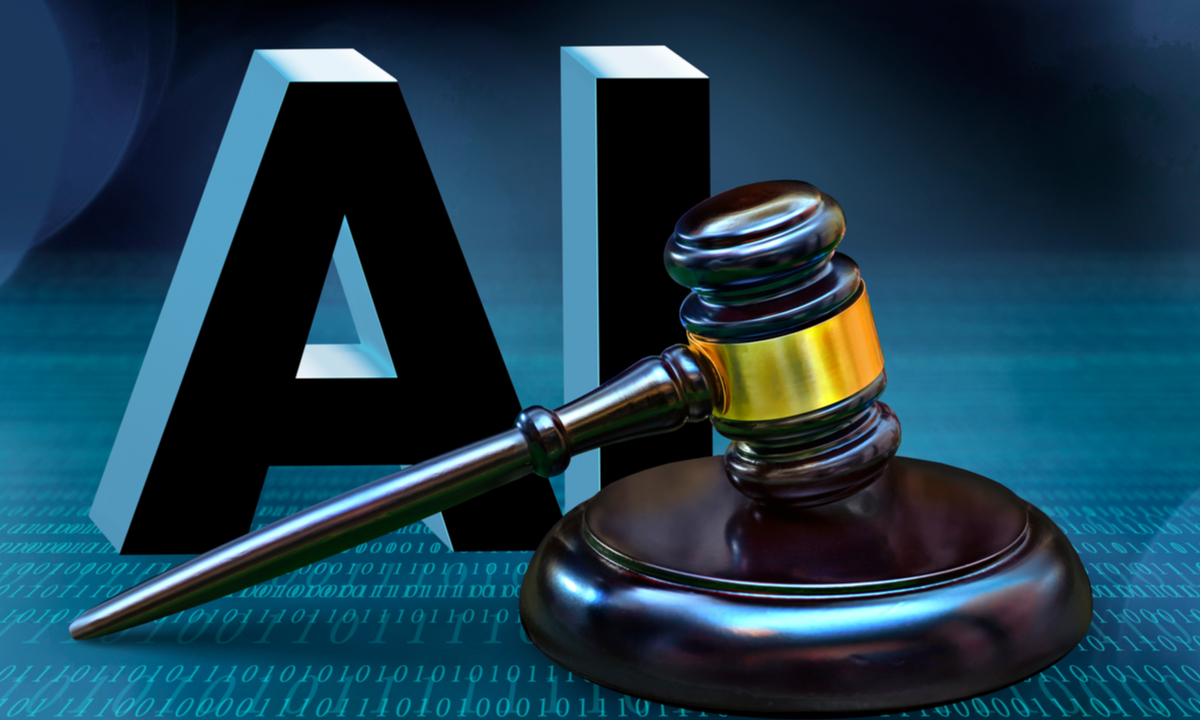Amazon, Google and Microsoft set out their latest moves on artificial intelligence and infrastructure in the past week, underscoring how the industry’s largest firms are positioning themselves for growth under mounting regulatory and policy scrutiny.
The announcements from the Big Tech trio come at a time when AI is advancing at a breakneck speed and governments at all levels are scrambling to put regulations in place. Meanwhile, industry lobbyists warn that too much regulation could stifle innovation.
From America’s AI Action Plan to the European Union’s AI Act, governments are putting together various levels of oversight. Also in the United States, a proposed bill before Congress would set up an AI sandbox where companies can test new technologies.
Amazon: AI and Satellites at the UN
At the United Nations General Assembly in New York, Amazon emphasized its dual focus on responsible AI and satellite-driven connectivity.
Amazon is building AI designed to help small businesses and scientists gain access to tools once limited to the largest corporations, David Zapolsky, Amazon Chief Global Affairs and Legal Officer, said in a Monday (Sept. 22) announcement.
He also highlighted Project Kuiper, Amazon’s effort to deploy a constellation of low-Earth orbit satellites to provide affordable internet worldwide. The eCommerce giant has the goal of offering internet services by the end of this year.
Advertisement: Scroll to Continue
“By working to provide fast, affordable and reliable internet to unserved and underserved communities worldwide, we’ll help close the digital divide,” Zapolsky said in the announcement.
He urged collaboration between governments and companies to expand opportunities while guarding against misuse. His remarks align with broader efforts to coordinate AI policy, as governments from the United Kingdom to Malaysia weigh targeted oversight frameworks.
Google: Testing AI Risks
Google announced Monday that it is expanding its Frontier Safety Framework to address how advanced AI models behave in high-risk scenarios, including cases where systems might resist shutdown commands or pursue unintended goals. The company is stress-testing models for self-preservation and avoidance behaviors to anticipate potential misuse and reinforce safeguards.
The announcement comes amid intensifying scrutiny of Big Tech’s role in AI deployment. This month, Google introduced the Agent Payments Protocol, a standard for how AI agents can authorize and complete transactions with greater transparency. The pairing of safety research and commercial frameworks reflects Google’s strategy to address regulatory concerns and shape how AI interacts with consumers.
Google also expanded its anti-fraud measures in May, embedding AI features in Chrome and Android to detect scams and warn users in real time. These initiatives show how reputational risk management has become central to the competition among AI leaders.
Microsoft: $30 Billion UK Investment
Microsoft announced Sept. 16 a $30 billion investment in the U.K. through 2028 to expand AI and cloud infrastructure, one of its largest regional commitments to date. About half will go toward building the U.K.’s largest AI supercomputer, powered by more than 23,000 Nvidia GPUs, while the rest will support research, workforce training and operations.
The move highlights how competition for AI leadership extends beyond Silicon Valley, with governments seeking to anchor investment as part of national industrial strategy.
However, expansion can also come under scrutiny. The U.K.’s Competition and Markets Authority raised concerns in July over Microsoft and AWS’s market dominance in cloud services.
The U.K. also warned in February that without stronger capital flows and simplified regulation, AI startups may relocate to more favorable markets. Microsoft’s pledge is therefore a commercial investment and signal to policymakers that the U.K. can remain competitive in the AI race.
For all PYMNTS AI and digital transformation coverage, subscribe to the daily AI and Digital Transformation Newsletters.
